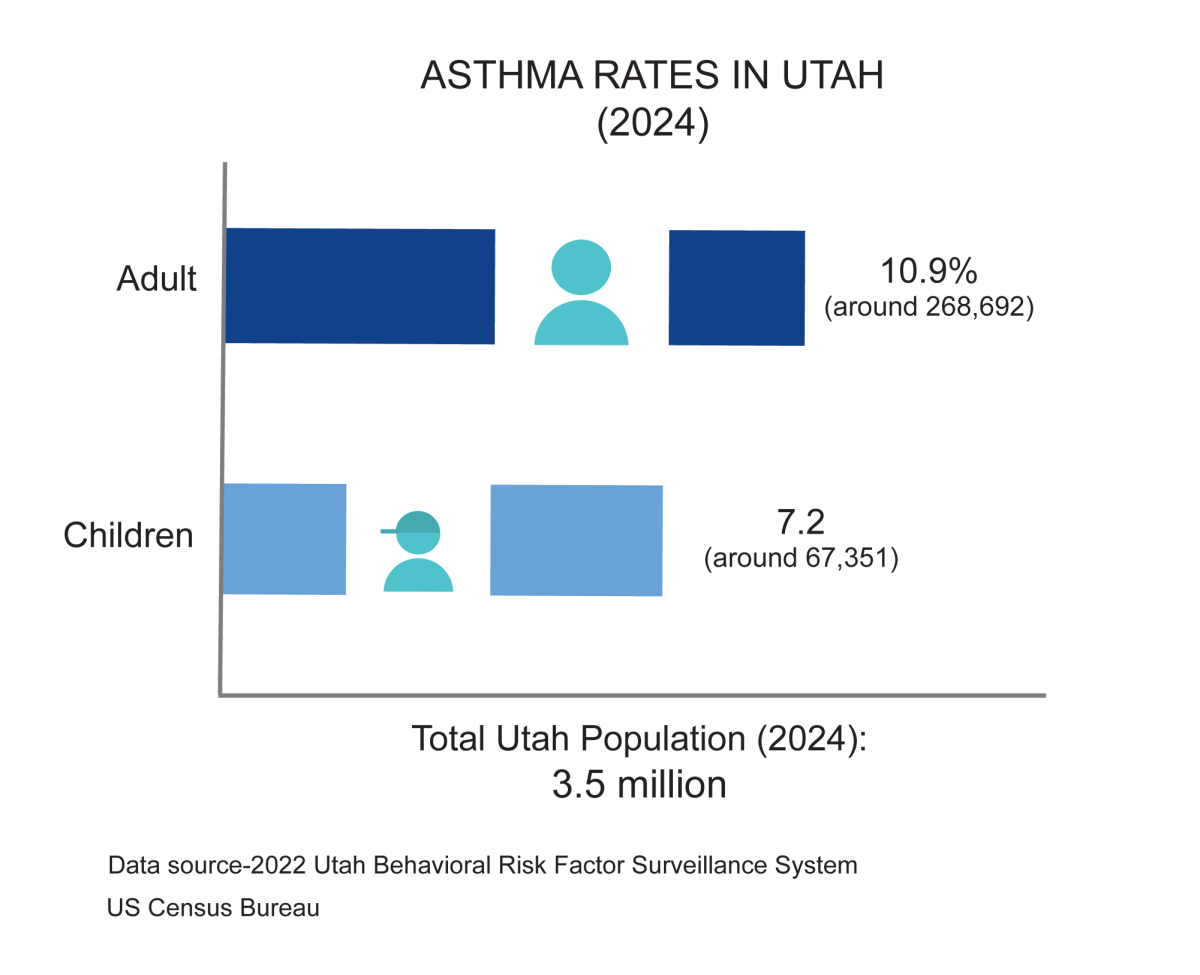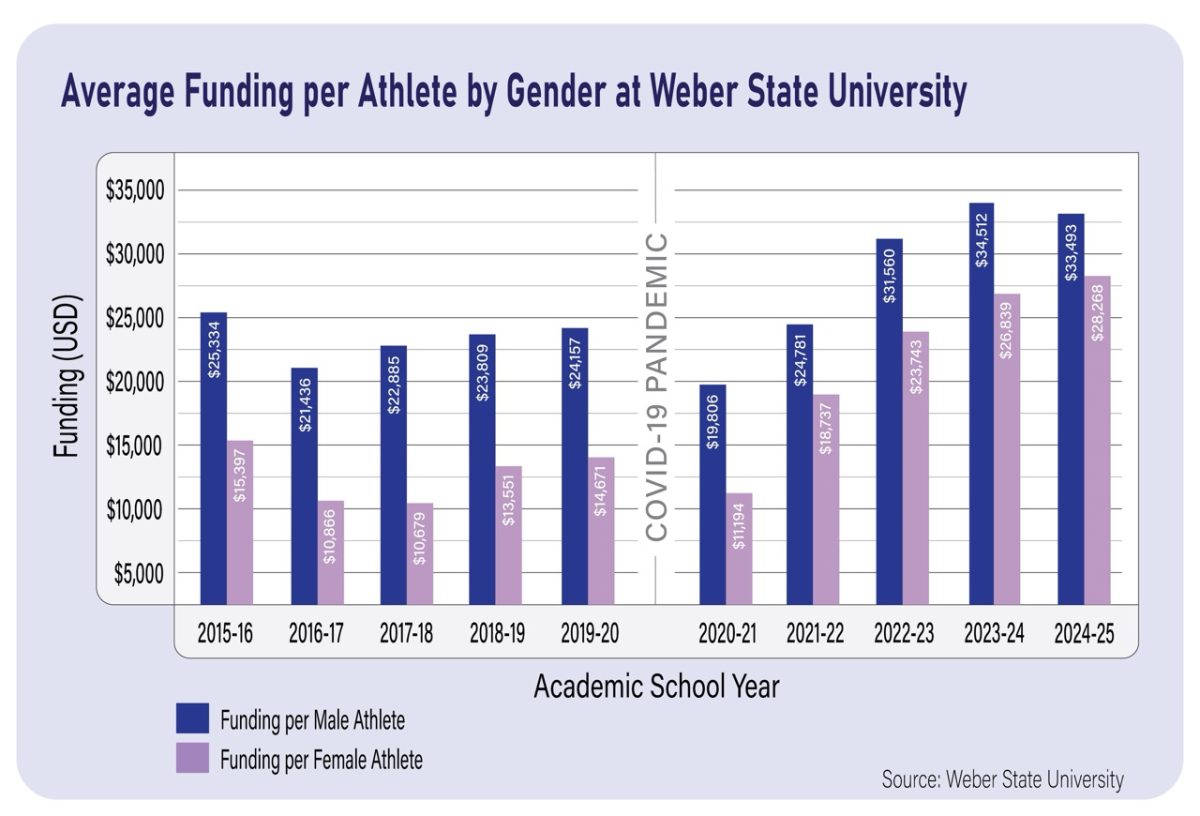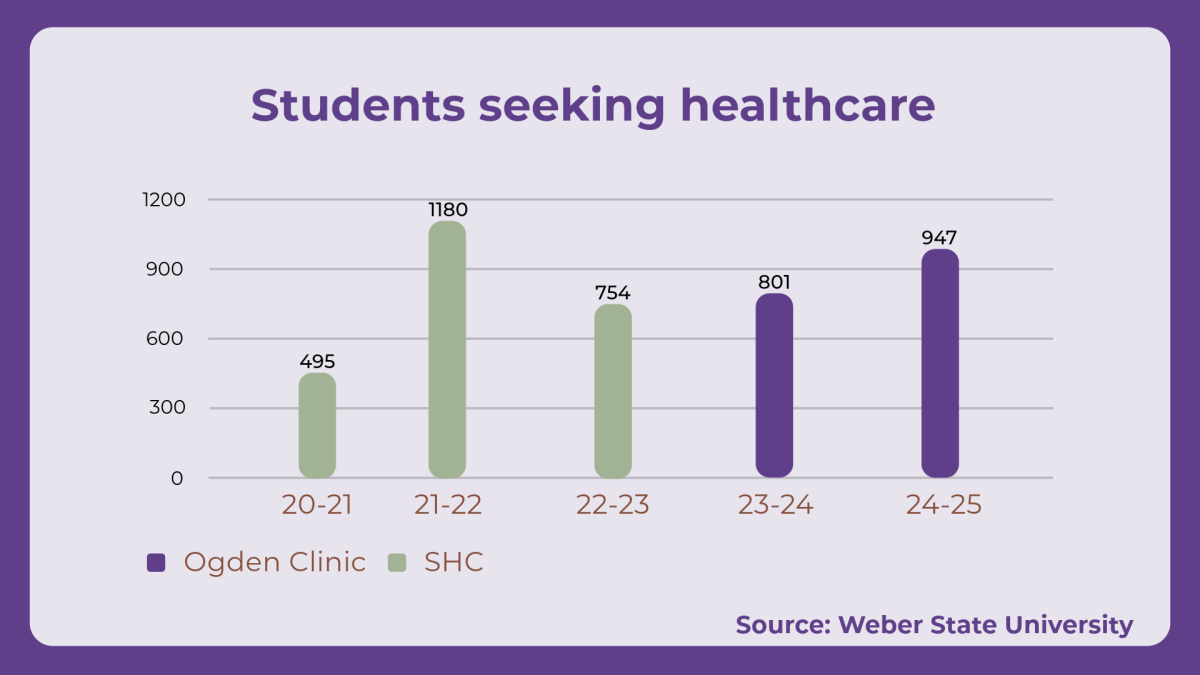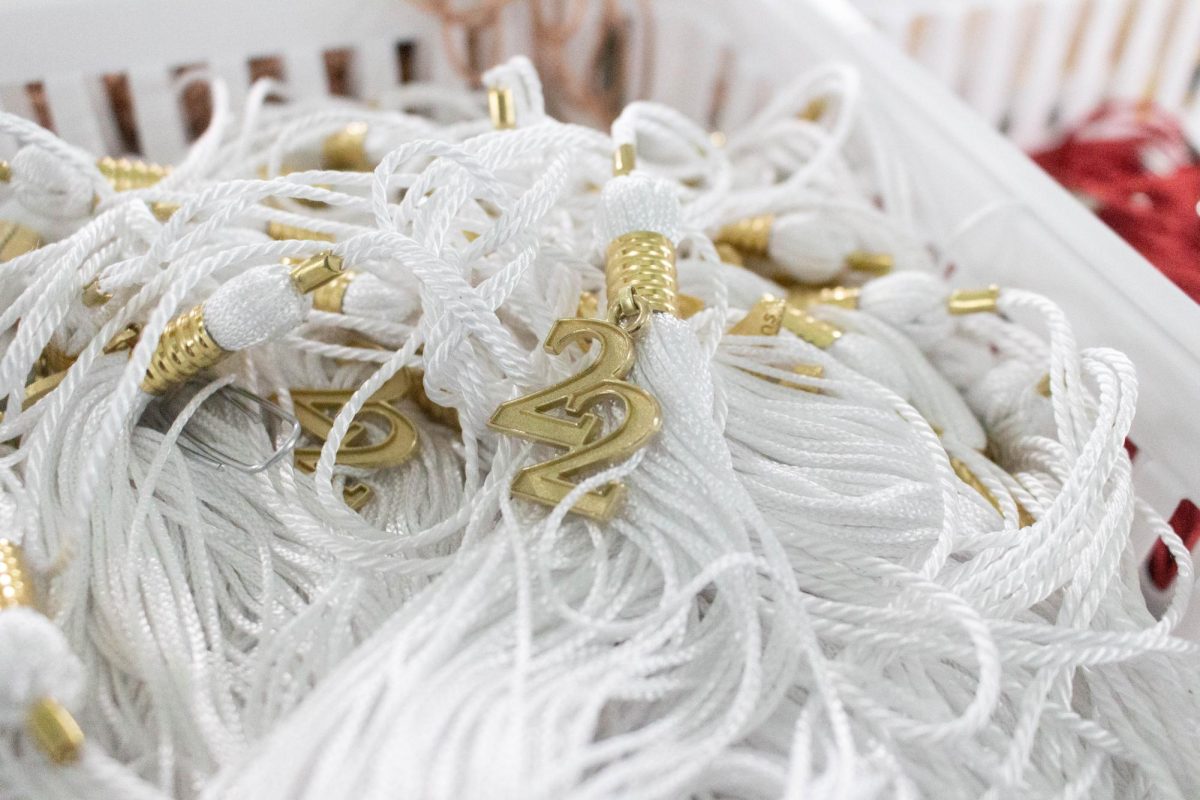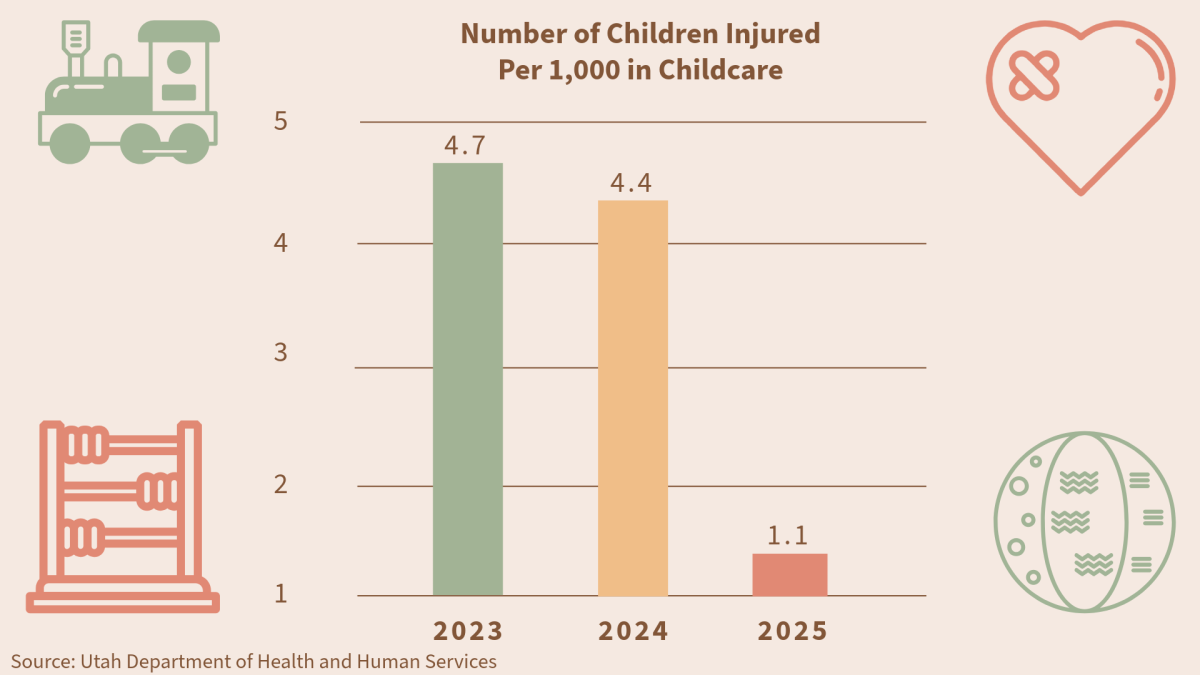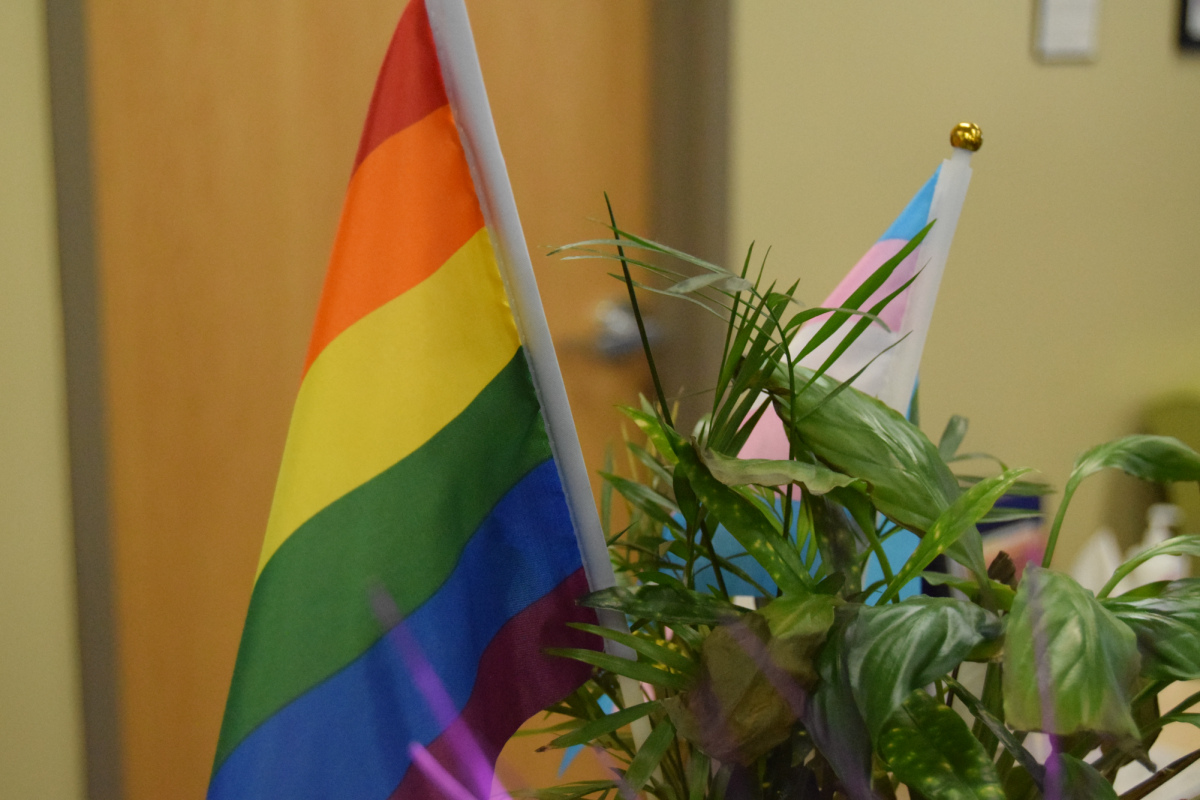
Weber State University students and faculty listened to the worldwide stories of CNN’s reporter Lisa Ling on Tuesday morning.
Ling was born in Sacramento, California and started her journalism career at age 18, working for Channel One News.
“What I’d like to do today is to share with you some of the stories that completely and profoundly shaped my perspective and really expanded my horizons,” Ling said.
Ling said working for Chanel One gave her the opportunity to immerse herself in different cultures; as a young correspondent, she was sent to cover stories all over the world.
“One day, there was discussion about sending a correspondent to cover the civil war in a country that, at the time, I couldn’t even identify on a map,”Ling said.
At age 21, she was sent to Afghanistan.
Ling said she was in shock when she arrived to Jalalabad and saw a group of boys that were carrying weapons larger than themselves.
“I asked my escort ‘how old are these young boys?'” Ling said. “He said they did not know, but if you asked them how to operate an RPG or a bazooka, they’d know.”
Ling left Afghanistan in a state of cultural shock. Ling wanted to share her experience with friends and colleges, but nobody knew these kind of things were happening in the world.
“The things that I saw there propelled me to want to continue to try to tell stories to an American audience,” Ling said.
Ling said she came back to the U.S. with the feeling that people needed to know the things that happened around the world and in America as well.
A year after Ling traveled to Afghanistan, she and her team traveled to the Islamic Republic of Iran.
“From the moment I arrived to my hotel room in Tehran, Iran, I felt unwelcome as an American,” Ling said.
Ling saw at the hotel where she was staying some decorations that portrayed the hate people from Iran had towards America.
“There was a picture of George Bush Sr. with snakes coming out of his eyes,” Ling said.
While visiting the tomb of one of the founders of the Iranian revolution, she saw something that caught her attention.
Ling saw a group of young people who were dressed differently from the other people she saw in the other part of the city.
“I noticed all of their clothes were a lot shorter than the ones I saw at the city,” Ling said “Many of them were wearing blue jeans under their clothes, and I also noticed that a number of men had the front part of their hair dyed blond.”
The young people surrounded Ling and her team and started to ask questions about Americans and American culture.
“These young people were so excited and thrilled about this opportunity to meet Americans,” Ling said.
The young people told Ling they hoped their country could have the opportunity to experience freedom and democracy.
Ling told the audience about the Iranian Green Movement, which happened just a couple of years ago; she wondered if any of the people protesting in the movement were the young people who approached her when she was in Iran.
“I left Iran in the 1990s, and I continued to wonder about the Green Movement, and if the people from Iran will experience democracy,” Ling said.
Ling said she worked for Channel One for seven years, and after a couple of years, she started working at National Geographic.
Working for National Geographic, she was allowed by the Chinese government to follow an American couple to China to adopt a baby girl.
“These days, there are more adoptees from China than from anywhere else in the world,” said Ling.
Ling discussed Chinas one child policy that was instituted after the population exploded. Although the policy has changed dramatically, it is a traditional piece of the culture.
Ling said it was very difficult for her to understand how a culture could abandoned baby girls.
Ling learned later that because of economic benefits, Chinese people would prefer to keep a boy in their family rather than a girl. She continued by telling a story about her and her sister getting into North Korea.
“North Korea for me has always been such an enigma,” Ling said.
Ling was invited by a Nepalese doctor to go to North Korea. The Nepalese doctor had an invitation from the government to go and help people who suffered from cataracts.
“As soon as we arrived to Pyongyang, North Korea I could tell that the soil was different,” Ling said.

She said her cellphone and laptop were removed from her at the airport because the government doesn’t want the people to communicate with the outside world.
Ling presented a video clip where the people from North Korea were bowing and giving thanks to their supreme leader for the treatment they received for their eyes instead of thanking the doctors.
Ling finished her presentation by talking about issues she covered in the United States, one of which was sex trafficking and how big this issue is in Washington D.C.
Ling said she is not religious, but she always asked herself if there is a God, why would he allow bad things to happen.
To answer Ling’s question, her husband shared a poem with her.
“On a street corner I saw a small girl, cold, shivering in a thin dress. I got angry and said to God, ‘Why did you permit this? Why don’t you do something about it? God replied, ‘I certainly did something about it. I made you.’ I made you, Weber State University,” Ling said.
When Ling finished her presentation, the audience offered her a standing ovation.
Tim Long, a WSU Geography student, said he learned that people can never make assumptions about others.
“I’m going to try to look at people with a better light,” Long said. “I’m going to try to get to know people before I judge them.”
Jessica Shrode, a member of the community, said the experience was priceless.
“We were just sucked in by her beautiful stories,” Shrode said.



